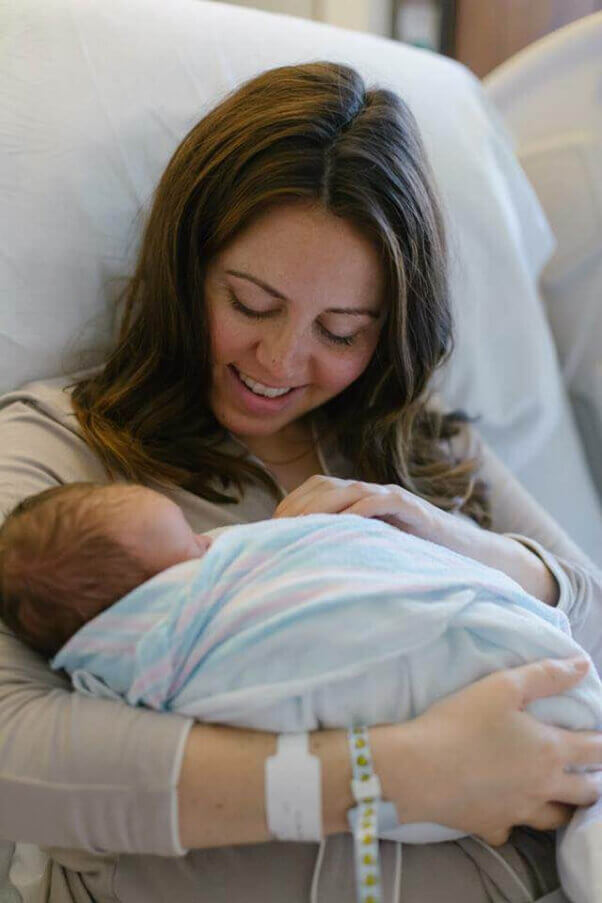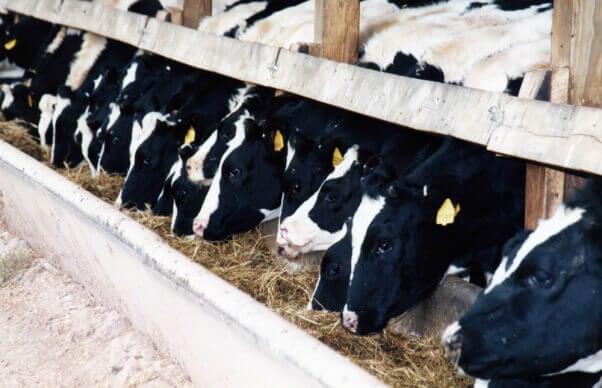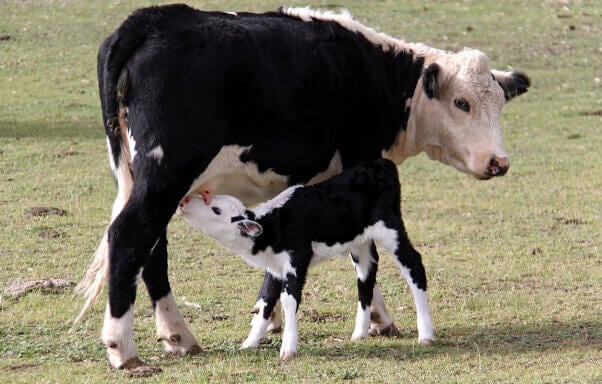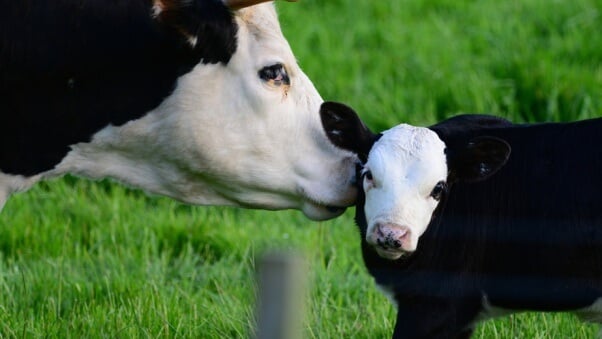As a Breastfeeding Mother, My Heart Breaks for Cows
As my newborn son lay on my bare chest just moments after he entered the world, I was overwhelmed by a combination of emotions I didn’t know was possible. The bond was instant. I had been warned that it would be a love like no other, but nothing could have prepared me for the way I felt. It was all consuming, and I knew in an instant that I would move mountains to keep him safe.

His instincts were primal. Before his eyes even opened, he miraculously made his way to my breast and latched on for the first time. My body provided him with everything he needed in that moment, and as I looked down at his sweet face, I realized that he was all I needed, too.
The love of a mother and child transcends every species, and although I have been vegan for six years, my resolve to provide my family with a compassionate plant-based lifestyle was greater than ever before. As I nursed my son, I thought of all the mothers who are denied the opportunity to perform this most basic act. This is why my heart breaks for cows used for milk.

Most people don’t realize that cows produce milk for the same reason that humans (and all other mammals) do: to feed their young. But because of the demand for dairy “products” like cheese, ice cream, and yogurt, female cows are artificially impregnated over and over again. They experience the extreme physical and emotional demands of delivering their child. But unlike me, a mother cow doesn’t get to nurse her baby, whom she loves. Instead, her calf is taken away from her, sometimes mere minutes after birth. Male calves are often sold as veal, while females are usually destined to endure the same fate as their mothers. All of this is done in order to trigger lactation so that the milk nature intended for baby calves can be sold to humans instead. This happens to an estimated 9 million cows in the U.S. every year.
Female cows are deeply maternal, much like human mothers, and have been known to spend days searching for their calves after they’ve been separated. In more than one instance, people who live near dairy farms have called local authorities to report hearing horrific moans and cries, only to find out that the sounds were coming from a nonhuman animal, as cows often bellow as they mourn the loss of their babies.
Just recently, a mother cow—who had previously endured the trauma of having a baby born to her in years past and then callously taken away from her—hid her calf in tall grass in the hope of finally being able to raise her child. Luckily, she is now living at a sanctuary and will finally be able to raise one of her children.
Breastfeeding is hard, especially in the beginning. And whether you get the perfect latch on the first try, use a nipple shield, turn to exclusive pumping and bottle feeding, or supplement with soy formula, there is an undeniable pride that comes with providing your child with his or her primary source of nutrition. I can’t imagine what it would feel like to have my milk stolen from me—from my child—in order to give it to someone else.

According to Margie Deutsch Lash, an international board-certified lactation consultant with a master’s degree in education:
Mammal milk is species specific. Cow’s milk is for calves. Human milk is for human babies. Each mother makes the perfect food for her baby. The breast milk composition changes as the child grows so that the milk of a mother with a three month old is totally different than the milk this same mother produced when that baby was a newborn. These changes are specifically designed by nature to meet the continuing developmental needs of the child.

Whether you’re a “lactivist,” a feminist, or just a kind person, I urge you to leave dairy “products” out of your shopping cart the next time you’re at the grocery store.
If you respect the bond between a mother and her child and support the right to breastfeed, please do not support the cyclical abuse of the dairy industry.

